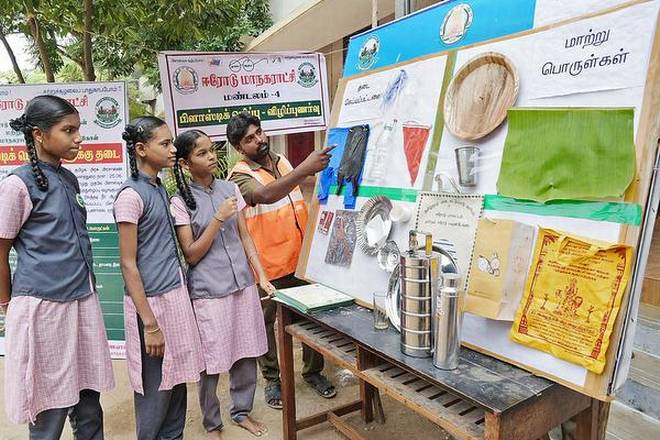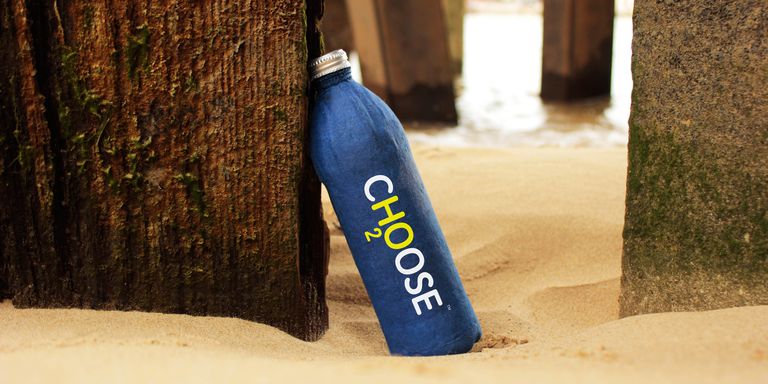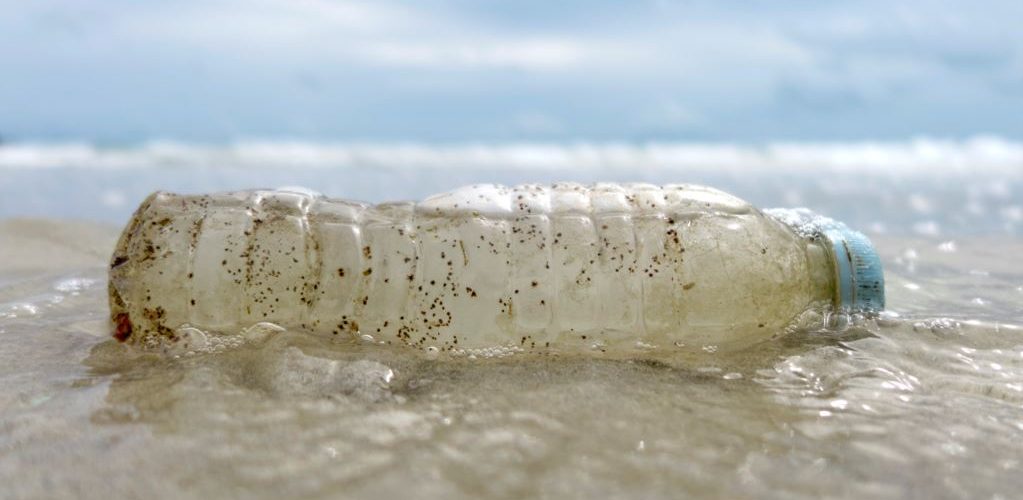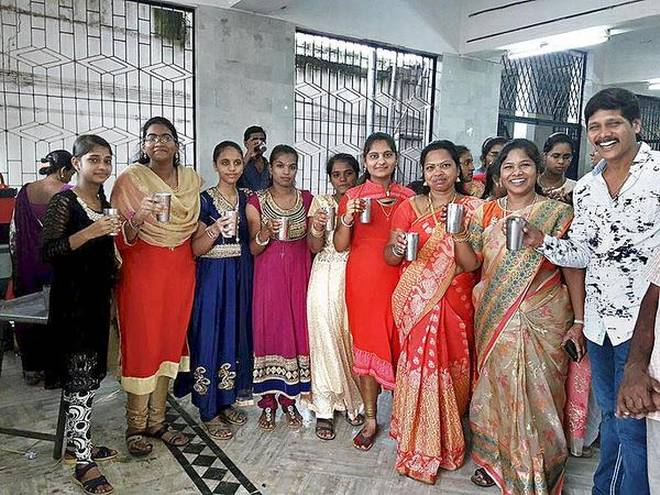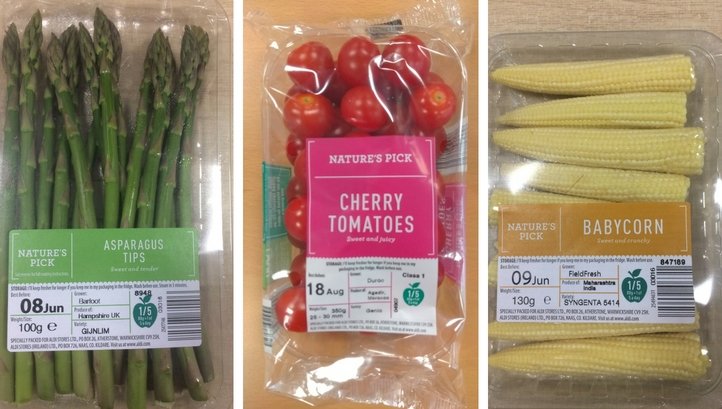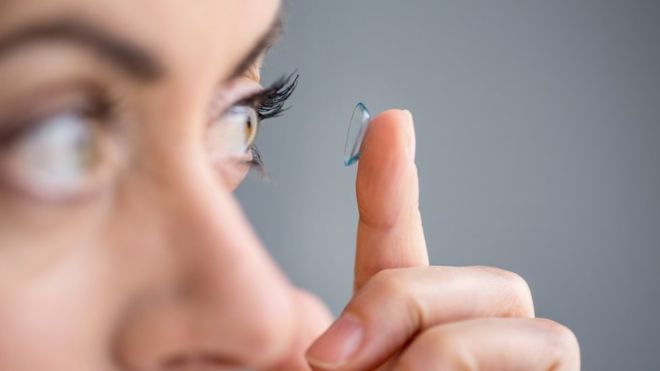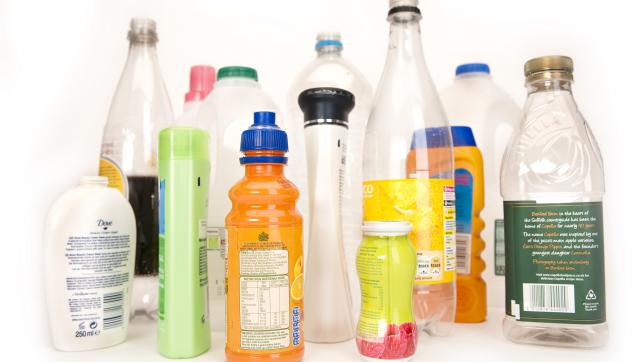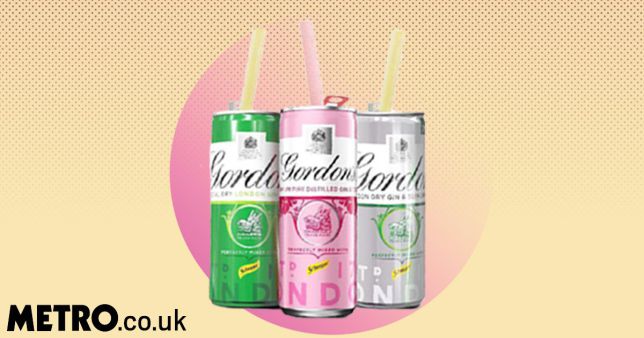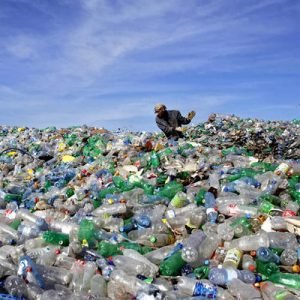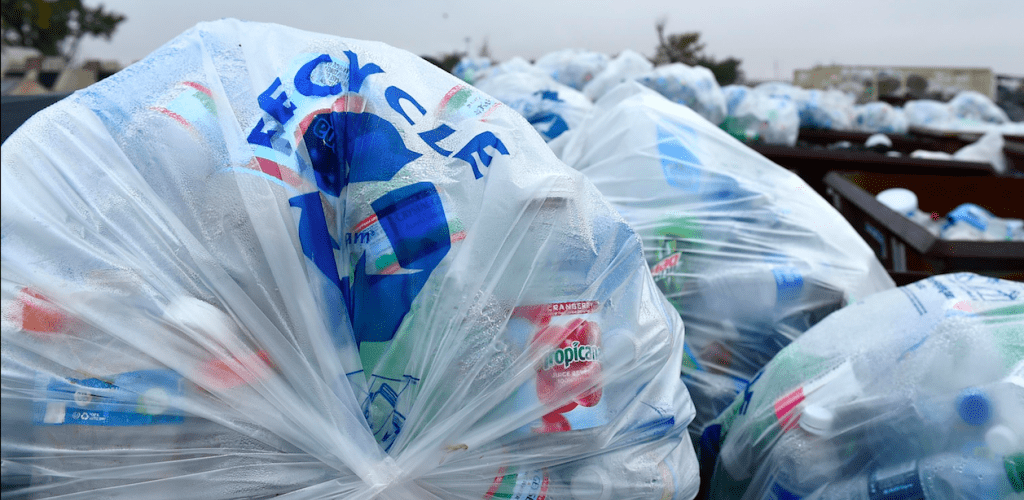With the State Government banning use of plastics from January 1, 2019, an awareness campaign “Plastic pollution-free Tamil Nadu” was initiated here on Saturday in which people were encouraged to use alternative products for plastic materials. At a function held at Corporation Girls Higher Secondary School at Karungalpalayam, Minister for School Education K.A. Sengottaiyan, Minister for Electricity P. Thangamani, and Minister for Environment K.C. Karuppannan inaugurated the campaign. Mr. Karuppannan said that the public access the portal, http://www.plasticpollution freetn.org/ explained the single-use
One of the worst culprits of single-use plastic waste are plastic water bottles that are discarded as soon as the drink has been finished. According to campaigners, Ban the Bottle, plastic water bottles can take between 400 and 1,000 years to decompose. Furthermore, it takes three times the amount of water to produce a plastic bottle than it does to fill one. But many clever and eco-conscious people are coming up with great ways to combat the problem. One of these is
For the millions of sun seekers who head to Thailand’s resort island of Phuket each year in search of stunning beaches and clear waters, cutting down on waste may not be a top priority. But the island’s hotel association is hoping to change that with a series of initiatives aimed at reducing the use of plastic, tackling the garbage that washes up on its shores, and educating staff, local communities and tourists alike. “Hotels unchecked are huge consumers and users of single-use
To ensure strict adherence to the norm, hefty fine is collected from violators Heaps of disposable plastic plates, and plastic glasses, water bottles and sachets strewn all over are a common sight post an event at function halls, marriage venues, and on roads as well. With extensive use of plastics becoming the order of the day, such venues not only present a revolting sight but also pose a challenge to the civic staff and other workers engaged in the task of
Discount chain Aldi is switching a range of its fresh produce packaging from hard-to-recycle black plastic to clear, recyclable alternatives, in a move that is set to save around 265 tonnes of plastic a year. The supermarket has announced that it will introduce the new plastic trays to six of its fresh fruit and vegetable lines by the end of this month, as it strives towards a 2025 goal of ensuring all of its own-brand packaging is recyclable, reusable or compostable. Aldi
Researchers in the US have been investigating the final journeys taken by disposable contact lenses. They found 15-20% of US users simply flick these fiddly lenses down the drain via the bathroom sink or toilet. The Arizona State University study suggests that much of the plastic material then ends up in waste water treatment plants. The lenses are consequently spread on farmland as sewage sludge, increasing plastic pollution in the environment. Around 45m people wear contacts in the US, while rates in other countries
In recent years, the concept of extended producer responsibility (EPR) has caught on, first in Europe in the 1990s and since then in the rest of the world, including the U.S. The concept is relatively simple: Companies that make consumer goods are given responsibility for managing their products and packaging at their end of life. The concept, as the Journal of Cleaner Production points out, is to turn what was formerly waste “into the ‘food’ for industry and the next
And they make the ultimate addition to your weekend beverage. With each and every one of the beverage industry’s latest developments—think frosé, anti-aging pink gin and rosé cider—sending millennials into a frenzy, it’s no surprise that one of the largest producers of your favourite spirits has surfaced with its very own must-have product. Alcoholic beverages company Diageo (the parent company of Gordon’s Gin and Schweppes) has introduced a range of edible straws that each serve
‘The world doesn’t need a treaty on plastic waste reduction’ UNEP chief Erik Solheim, during his visit to India, the global host for World Environment Day, says unlike climate change, plastic waste can be tackled without treaties and targets By Banjot Kaur Erik Solheim, UNEP chief, talks to Down To Earth, hours before he was going to attend the main event in New Delhi with Prime Minister Narendra Modi. Credit: United Nations India is the global host for this year’s World Environment Day,
Plastic is an invention that turned into Frankenstein’s monster. Benefits of plastics are undeniable; they are economical, portable and durable. But this advantage (extended durability) has now become its greatest disadvantage. India generates about 15,000 tonnes of plastic waste per day and contributes to 8 per cent of the total solid waste generation. The problem, however, is not the quantity of waste generated, but the fact that only 60 per cent of it is processed and the remaining 6,000 tonnes of


